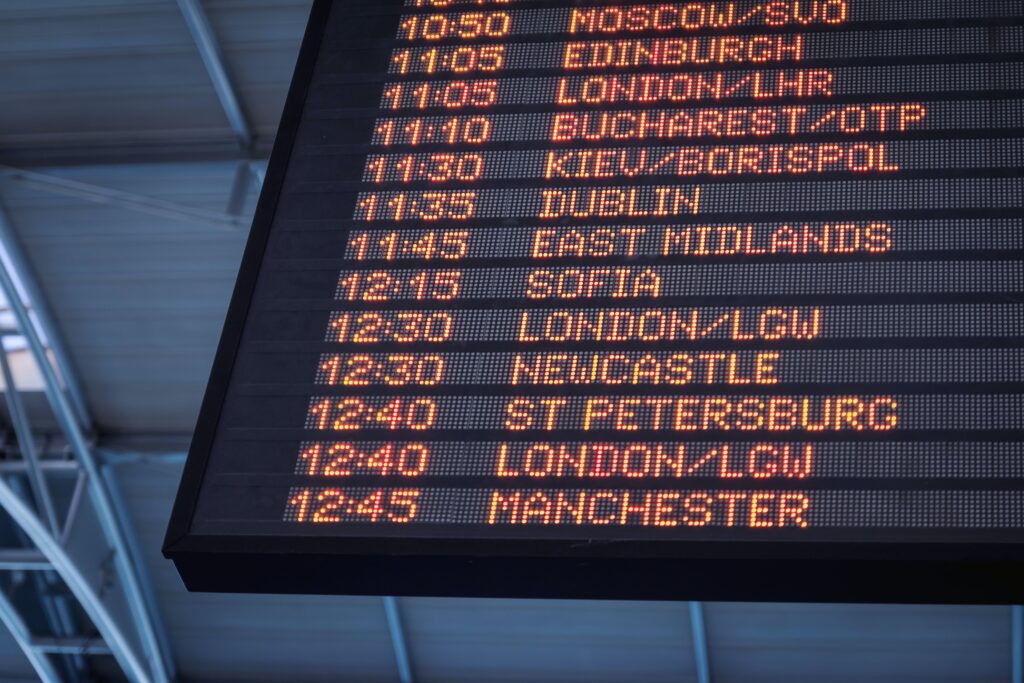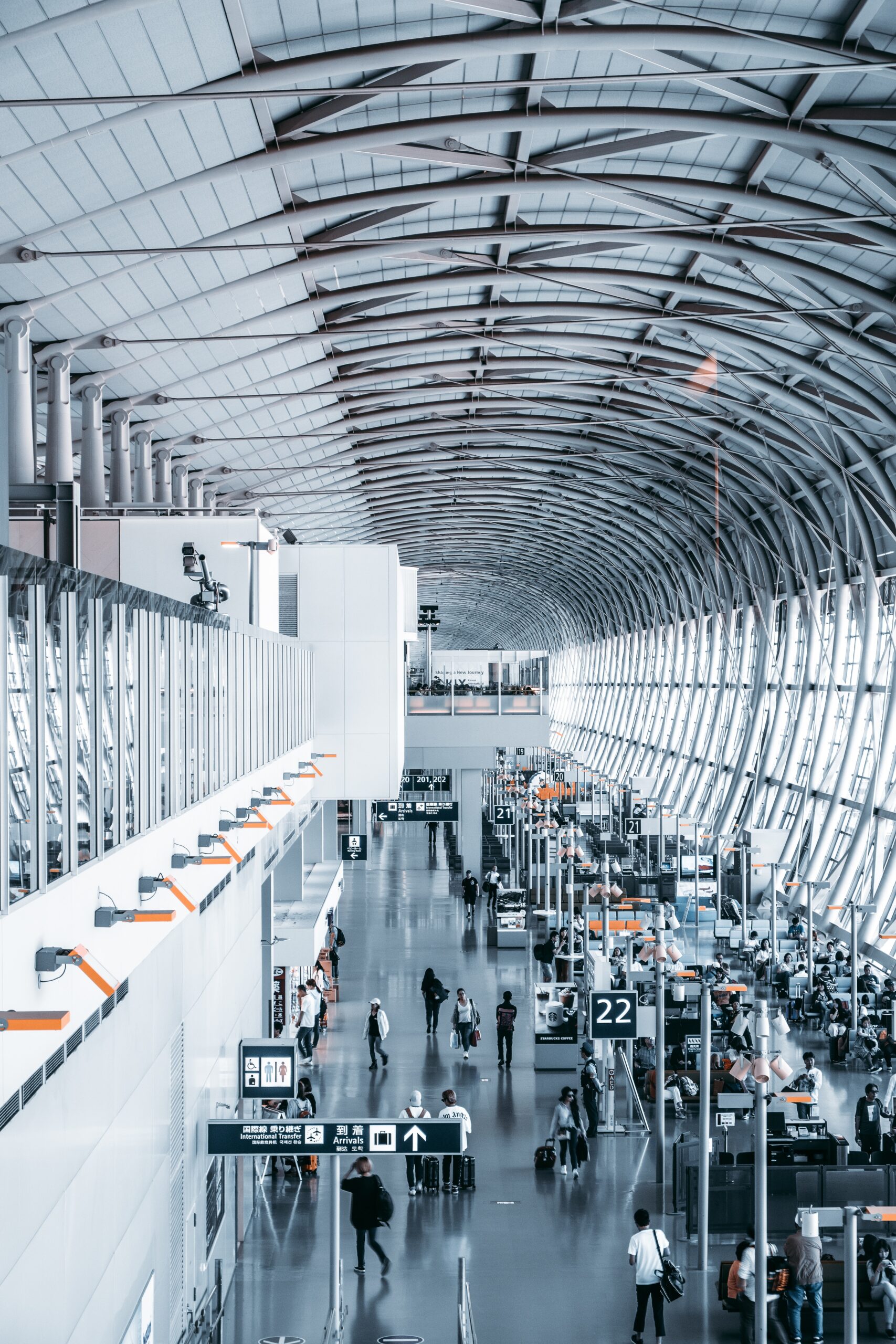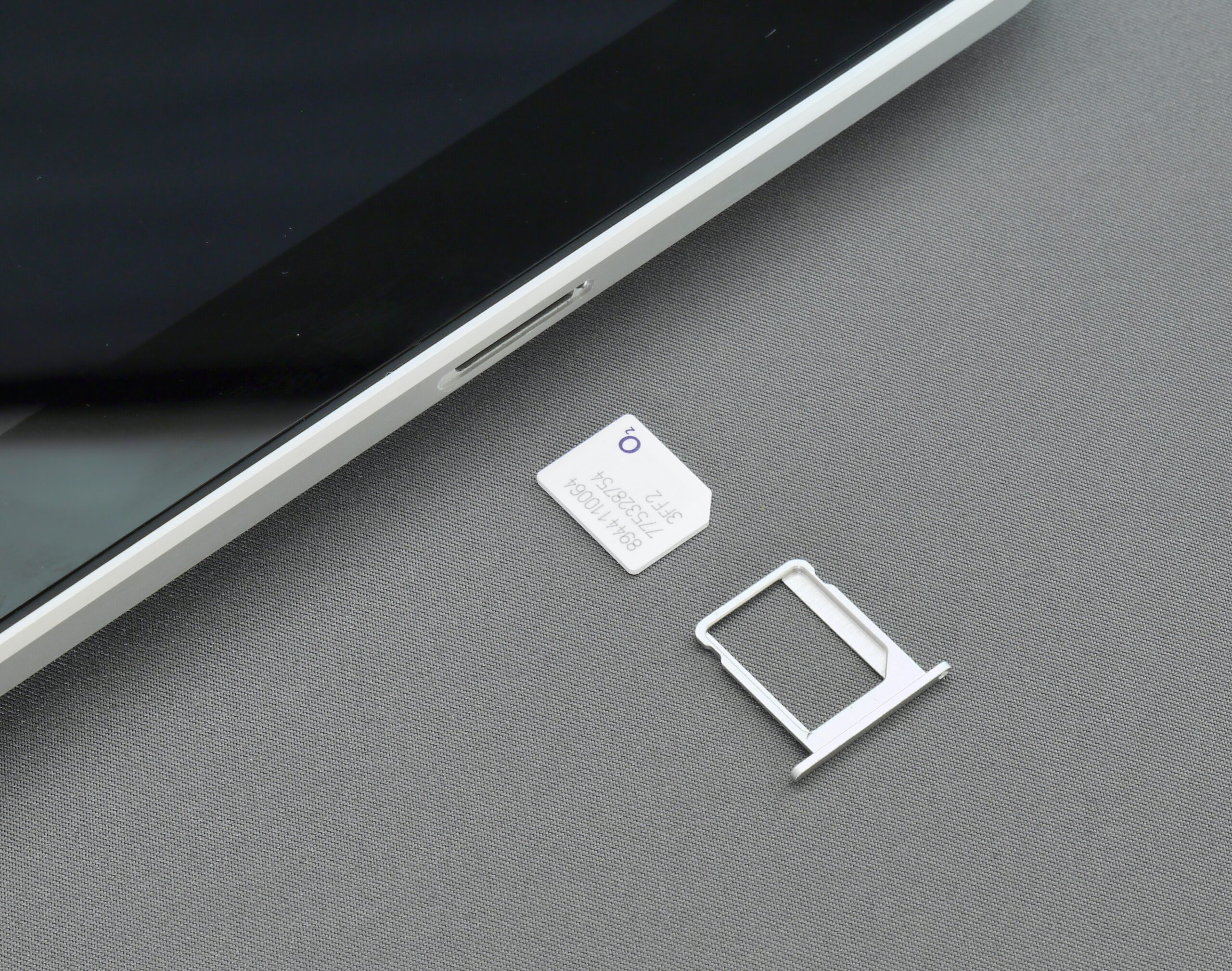Lebanon Transportation Guide
Lebanon Transportation Guide: Efficient Kuwait transportation includes taxis, ride-sharing services, and limited public buses, offering convenient options for exploring the city and beyond.


Lebanon Transportation Guide – International Airports
Lebanon is served by several international airports that connect the country to various destinations around the world. Here are the main international airports in Lebanon:
Beirut-Rafic Hariri International Airport (BEY): Located in the capital city of Beirut, this is the primary international gateway to Lebanon. It’s the country’s largest and busiest airport, offering connections to numerous destinations.
Beirut–Charles Helou Bus Station (BEY-Bus Station): While not an airport in the traditional sense, this bus station in Beirut operates bus services to various regional destinations, including some neighboring countries.
Rene Mouawad Air Base (KYE): Located near Tripoli in northern Lebanon, this air base is used for both military and civilian purposes.
National Airports
Lebanon has a few smaller domestic airports that serve regional and domestic flights within the country. These airports contribute to internal connectivity and transportation options for both locals and visitors. Here are some of the national and domestic airports in Lebanon:
Beirut-Rafic Hariri International Airport (BEY): While primarily an international airport, BEY also handles domestic flights connecting Beirut with other parts of Lebanon.
Rene Mouawad Air Base (KYE): Located near Tripoli in northern Lebanon, this air base serves both military and limited civilian flights.
Rayak Air Base (RML): Located in the Beqaa Valley, this air base is used for military and civilian purposes, including some regional flights.
Kleiat Air Base: This military air base is located near Jounieh and is used for military and training purposes.
Lebanon Transportation Guide – Trains
Lebanon does not have a functional passenger train system for regular travel. The country had a railway network in the past, but it was largely dismantled and is no longer operational.
Lebanon’s railway history dates back to the late 19th century, and the country had a limited rail network connecting major cities and regions. However, due to various challenges including the country’s geography, civil conflicts, and changes in transportation priorities, the railway system was gradually dismantled and fell into disuse.
There have been discussions and proposals about revitalizing Lebanon’s railway system, particularly in the context of improving transportation and reducing traffic congestion in urban areas.


Lebanon Transportation Guide – Buses
Buses are a commonly used mode of transportation in Lebanon, serving both local and intercity travel needs. They provide an affordable and convenient way for residents and visitors to move around the country. Here’s an overview of the bus system in Lebanon:
Inter-City Buses: Inter-city buses connect major cities and towns across Lebanon, providing an accessible way to travel between different regions. These buses often operate from central bus stations in major cities.
Local Buses: Within cities and towns, local buses serve as a primary mode of public transportation for daily commuting. They connect neighborhoods and districts, making them an essential option for residents.
Bus Stations: Major cities have designated bus stations where inter-city buses arrive and depart. These stations often have facilities like ticket counters, waiting areas, and restrooms.
Bus Types: Buses in Lebanon come in various types, including standard buses and minibuses. Minibuses are often used for local routes within cities and towns.
Routes and Schedules: Bus routes and schedules can vary based on the city or region. It’s recommended to inquire locally or check with transportation authorities for accurate information.
Affordability: Buses are generally an affordable mode of transportation, making them accessible to a wide range of people.
Safety and Comfort: While buses offer an economical means of travel, the level of comfort and safety can vary. Some buses might be more modern and comfortable than others.
Shared Taxis: Shared taxis, known as “service” taxis, also play a significant role in transportation within cities and towns. They are often used for short distances and follow specific routes.
Tourist Buses: In areas popular with tourists, such as Beirut and major historical sites, there are tourist buses that offer guided tours and transportation services.
Links of interest
Airlines:
MEA Official Website
Flydubai Lebanon
Air Arabia Lebanon
Turkish Airlines Lebanon
Buses:
Connex Transport
BML Cooperative
Ride-Sharing:


We recommend
Lebanon travel tips
Our guide offers essential Lebanon travel tips and insights for an unforgettable journey. Plan your trip with us!
Lebanon Transportation Guide – SIM Cards
Lebanon Travel SIM Guide:
Providers: Choose from Alfa or Touch, major telecom companies in Lebanon.
Compatibility: Ensure your phone is unlocked and supports local frequencies (3G/4G).
Purchase Locations: Get SIM cards at airports, kiosks, or official stores.
Documents Needed: Bring your passport for registration.
Packages: Select data and call plans based on your needs.
Top-up Options: Recharge at kiosks, online, or through apps.
Network Coverage: Check coverage in your travel areas.
Internet Speeds: Lebanon offers reasonable 3G/4G speeds.
Emergency Services: Dial 112 for assistance.
Roaming: Confirm international roaming rates if needed.
App Usage: Leverage mobile apps for easier top-ups and balance checks.
Local Assistance: Seek help from provider stores for technical support.
Duration: Plans range from short-term to monthly; choose accordingly.
Public Wi-Fi: Available in urban areas but use with caution.
Lost SIM: Report and replace lost SIMs promptly.
Cultural Sensitivity: Respect local norms while using phones in public spaces.
Emergency Alerts: Be aware of government notifications via SMS.
Dual SIM Phones: Consider if your phone supports dual SIMs for convenience.
Data Usage Tips: Monitor usage to avoid unexpected charges.
Departure: Keep the SIM for future visits or return it when leaving the country.
Currency Converter
Currency Converter EUR/USD: Mon, 2 Jun.
Unit Converter
Lebanon Transportation Guide – Maps
What map do you need?
Choose your destination
More information about this country







